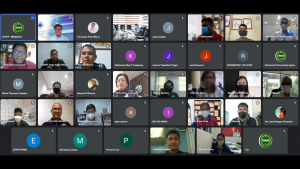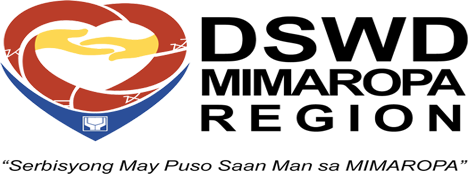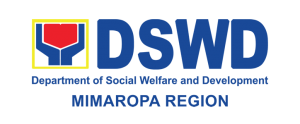The Enhanced Partnership Against Hunger and Poverty (EPAHP) Program is one of the banner programs of the Inter-Agency Task Force Zero Hunger, created under Executive Order No. 101, whose main objective is to help mitigate hunger, ensure food nutrition security and establish sustainable agriculture by 2030.
As the lead agency in the implementation of the EPAHP Program, the Department, through the National Program Management Office (NPMO) and its regional counterparts, shall converge all respective partner agencies to strategize and conduct various initiatives for the beneficiaries of the said program.
The EPAHP will have a nationwide geographical coverage with the help of one of its partners which is the EPAHP-Regional Convergence Team (RCT). The EPAHP-RCT shall coordinate, implement, monitor, and report the status of implementation of the program. The Team shall also prepare a program of activities and action plans and draw up common measures to address concerns and challenges affecting the EPAHP Program implementation.

The Enhanced Partnership Against Hunger and Poverty (EPAHP) – Regional Program Management Office, MIMAROPA has conducted its 1st EPAHP Regional Convergence Team Meeting on 31 August 2021 via Google Meet.
The attendees of the meeting included the Regional Directors, EPAHP Focal Person and Alternate Focal Person, and/or representatives from various government agencies namely, Commission on Population and Development (POPCOM), Cooperative Development Authority (CDA), Department of Agrarian Reform (DAR), Department of Agriculture (DA), DA-Agricultural Training Institute (DA-ATI), DA-Bureau of Fisheries and Aquatic Resources (DA-BFAR), DA-National Food Authority (DA-NFA), DA-Philippine Coconut Authority (DA-PCA), Department of Education (DepEd), Department of Health – Center for Health Development (DOH-CHD), Department of the Interior and Local Government (DILG), Department of the Interior and Local Government-Bureau of Jail Management and Penology (DILG-BJMP), Department of Science and Technology (DOST), Department of Trade and Industry (DTI), National Irrigation Administration (NIA), and National Nutrition Council (NNC) or otherwise known as the EPAHP partner agencies in the MIMAROPA Region along with the National Economic and Development Authority (NEDA) as a special guest and the Department of Social Welfare and Development (DSWD) Field Office MIMAROPA Officials and staff attended the said meeting.
During the aforementioned assembly, DSWD FO MIMAROPA Regional Director Fernando R. De Villa Jr., CESO III, emphasized the essential goals of the EPAHP which are to help mitigate hunger, ensure food and nutrition security, and reduce poverty in urban and rural communities, including marginalized communities. The EPAHP intends to contribute to the national government efforts in addressing hunger and poverty through the synergy and convergence of essential services of participating EPAHP partners directly benefiting the poorer sector of the country.
Moreover, the NEDA Regional Director, Agustin C. Mendoza gave a message acknowledging the initiative of the partners agencies in undertaking two of the country’s major hurdles which are hunger and poverty. He also stated that NEDA will support any assistance that the agencies may need to pursue and fulfill the goals of the program.
Further, the NIA and DAR presented the update and report on the status of their initial engagement to the program followed by the presentation of DSWD-Sustainable Livelihood Program (SLP) which mainly focused on the Livelihood Assistance Grant (LAG).
Also, the participating partner agencies signified their commitment and support in the implementation of the said program through a Regional Memorandum of Understanding (MOU) and Special Order (SO) of their EPAHP Focal Person and Alternate Focal Person.
Through the collaborative efforts of the EPAHP partners, this program would create a greater synergy and convergence in engaging the rural communities to enhance social capital and optimize economic resource base through feeding programs and other government feeding programs, food production programs and essential support services, including the participation of Community-Based Organizations (“CBOs”) in government procurement as partners and/or service providers.
(Contributed by Katherine May H. Catapang of EPAHP)
![]()


